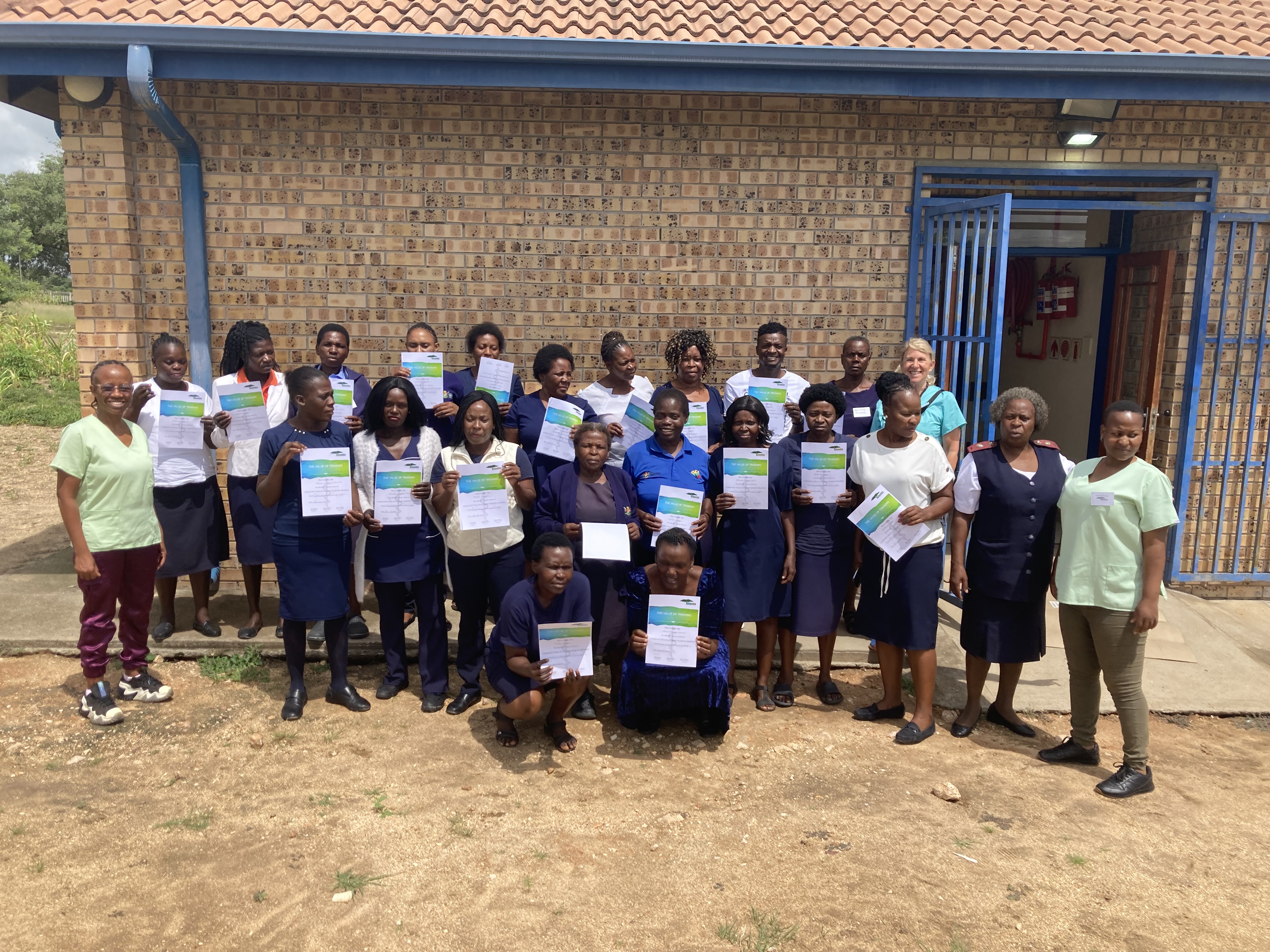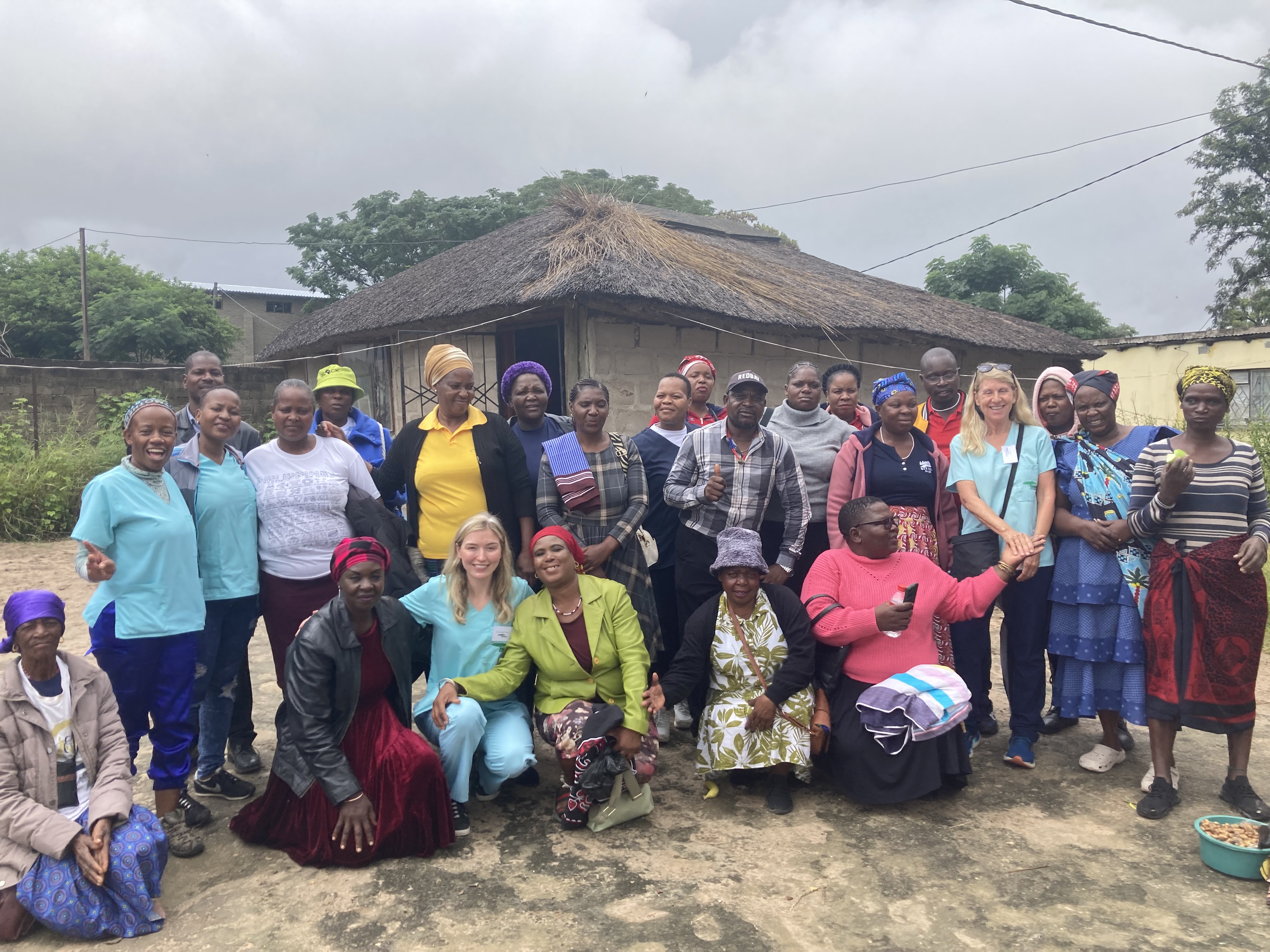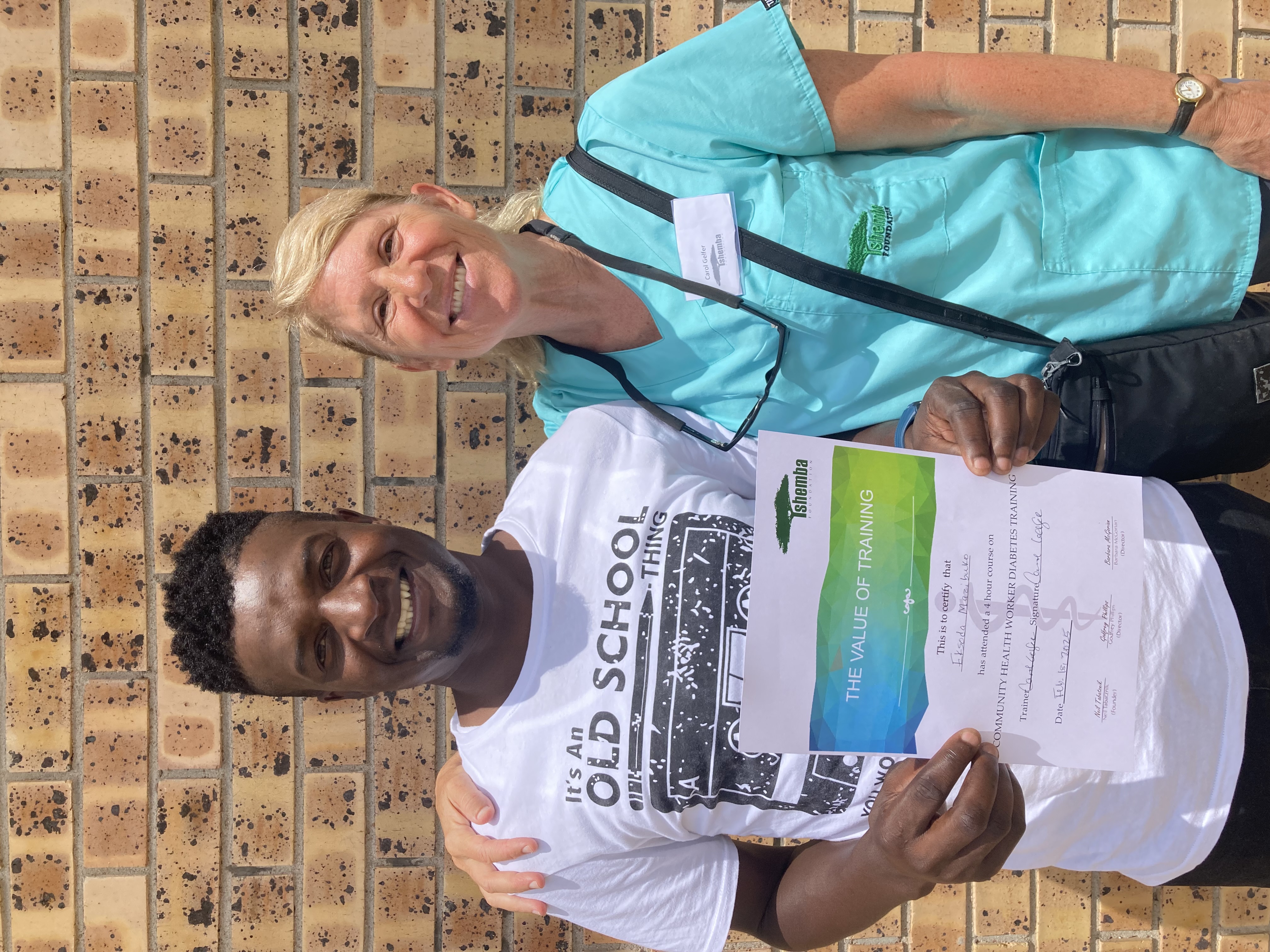

Bringing Diabetes Education to Rural Communities
Reimagining Prevention Through Culture and Community
When I arrived at Tshemba, I was stepping into new territory, not just for myself, but for the organisation too. As their first public health professional volunteer, I was curious to see how my background in community health education could complement the strong medical work already underway.
One condition stood out immediately: diabetes. It’s a growing and life-threatening concern in South Africa, especially in rural areas where health education and outreach remain limited. Previous medical volunteers had run short-term screenings and awareness sessions, but I hoped to shift the focus toward prevention and long-term behaviour change, starting at the community level.
Why Community Health Workers Matter

I quickly saw the immense potential of community health workers (CHWs), trusted, grassroots advocates who serve as the bridge between clinics and families. With support from clinic management, I began preparing a2–3 day diabetes education training for CHWs at two rural clinics.
To build something lasting, I didn’t want to rely on lecture-style teaching. Instead, I introduced a method called “popular education,” an interactive approach using storytelling, pictures, group discussion, and singing.
We covered topics like:
- How the body processes sugar—with and without diabetes.
- The role of insulin.
- The symptoms and long-term risks of uncontrolled blood sugar.
- The power of good nutrition in preventing and managing the disease.
At the end of each session, the CHWs collaborated to create songs that captured everything they had learned. These weren’t just catchy jingles. They became cultural tools: fun, memorable, and grounded in local expression.
Music, after all, is woven into daily life across SouthAfrica. By using it as a teaching tool, we weren’t just transferring knowledge, we were transforming it into something the community could own.
A Foundation for the Future

Over two months, we trained about 30 CHWs and 20 Sangoma traditional healers. Through this work we met a remarkable young man named Eksoda at the Hluvukani clinic. A type 1 diabetic himself, Eksoda stood out for his deep passion for education and helping others. We needed a local ambassad or to further our work – someone who could connect with the community and promote awareness about diabetes education and care. We went to work raising funds which allowed Eksoda to join the Tshemba team. He is now doing what he loves most –connecting, supporting and educating people with diabetes and teaching the importance of prevention.
What I Took Away
My time at Tshemba reaffirmed the importance of meeting people where they are and embracing local culture in health education. By supporting CHWs and tapping into their strengths, we can build sustainable, community-driven solutions to chronic diseases like diabetes.
Carol Gelfer, USA
Public Health Volunteer